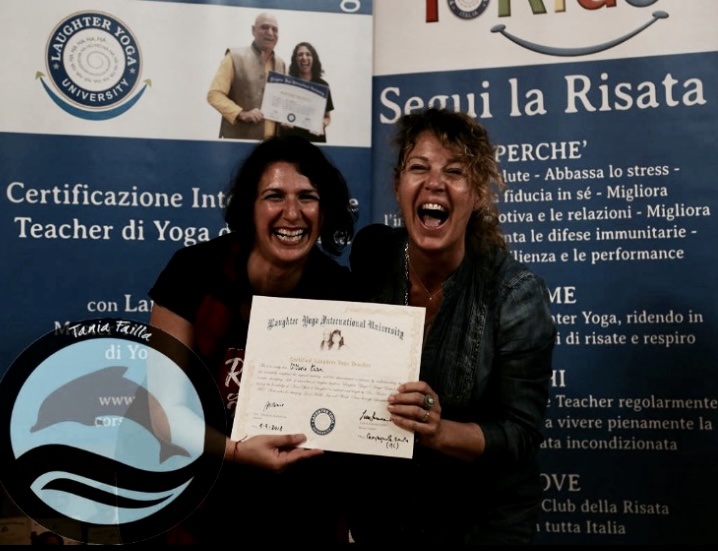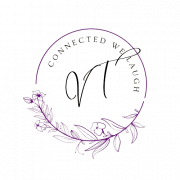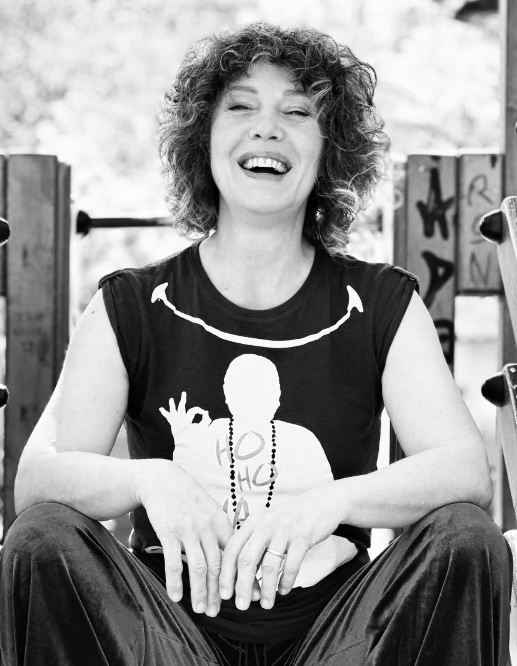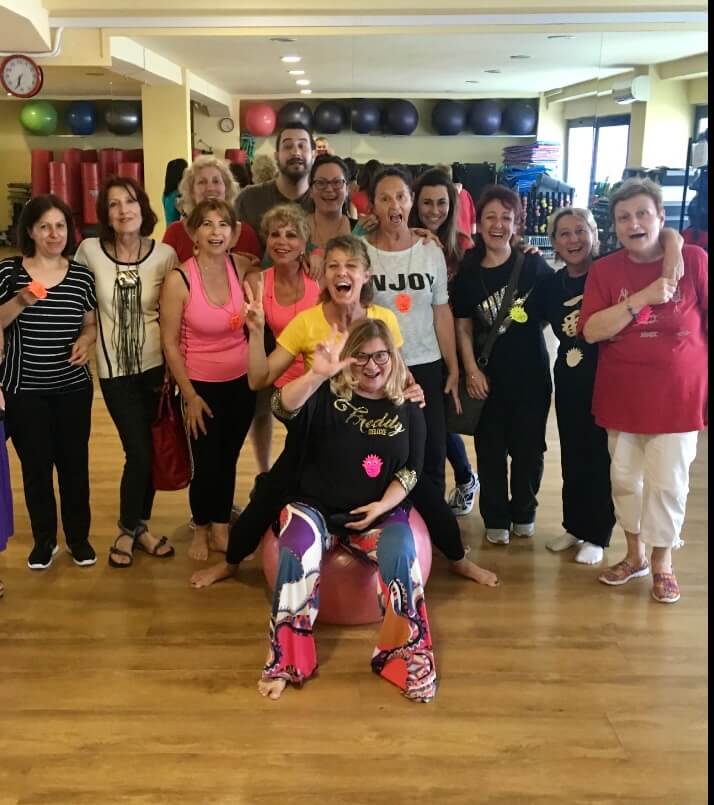About me

The subjects that I have chosen to deepen and in which I have certified are:
- "Trager® Approach" as an Educator in 2006
- "Humanistic Counseling" at the Camillian Friars in 2015
- "Dog Trainer and Pet Therapy Operator in 2017
- "Laughter Yoga" as Leader and then Teacher in 2018
- "Gibberish and Nonsense" as a Coach in 2018
- "Joydance®" as a facilitator in 2023
- "A Whole Other Life®" Method as a Facilitator in 2023
- Communication soft skills 5 chairs 5 choices Facilitator 2024
- Guardian of play 2025
I love animals and in particular cats and dogs. I use Bach flowers and study mixtures ad personam for their well-being. I create useful and futile objects with recycled materials and I hold courses to teach how to make them, accompanying people to discover their creative talent.
My name is Vittoria Tosoni.
I graduated in 1986 as a Tour Operator wanting a job that would make me travel a lot. A year later I participated in the selections to become a flight attendant at the Alisarda airline based in Sardinia. I overcome them all and move to Olbia for a few seasons. After being hired on a permanent basis, I had the opportunity to live in two other beautiful cities: in Florence, for eight years, and then Verona for 18 years in Verona. I approached for a short time the Buddhist Practice of the Soka Gakkai and this experience directed my curiosity towards some subjects concerning physical, psychic and spiritual well-being.
This is how I began to participate in courses and seminars of various kinds in Italy and around the world, such as:
“… Mental Dynamics, Biodanza, Rio Abierto, Movement Medicine, Bach Flowers, Emotional Freedom Technique, Rebirthing, Hoffman Method, Non-Violent Communication, Playfulness, Family Constellations, Soul Voice, Joydance, Theater and Theatrical Improvisation, Paths of Positive Thinking according to Louise Hay, Ecology Education Courses with recycling and reuse of recycled materials designed to stimulate creativity and, nurturing a genuine attraction to dogs, I have studied the gentle method of educating them in an assertive manner…”


“… I am a very curious woman, constantly looking for practices aimed at developing my potential, in order to become the best version of myself…”

As a child my dream was to become a stewardess, I was fascinated by the idea of flying and traveling the world at no cost. The dream came true and I was able to cultivate, thanks to my work, many of my interests, particularly those concerning psychology and personal growth. But when one day I discovered that I was “avio phobic” I had to think of an alternative because my work had to make me vibrate positively rather than tremble with fear: that was the moment when I thought of putting to good use everything that I had matured until that day after my diploma in Counseling, developing something that really nourished me and changed me for the better, thanks to the various disciplines with which I have come into contact and have deepened my knowledge in Italy and abroad.

Here, then, is the birth of
"CONNECTED WE PLAY – CWP" ... !!
Why do they say that laughter is the best medicine?
And why did doctors in Ancient Greece recommend that their patients go to see comedies as an integral part of the healing process?
Greek mythology saw laughter as an antitode to pain and crying, suggesting an emotional and psychological connection. Furthermore, health in Ancient Greece was seen as a balance between body, psyche and sociability and laughter contributed to this balance through emotional relief and social cohesion.
Being an adult means putting aside the game and laughing less, as “it is necessary to demonstrate a certain seriousness”, which can be plausible if contextualized. Laughter and play are two super important practices for our well-being: not too recent research has shown the effectiveness of these two tools on a physical, emotional and psychic level.
“I don’t have time for this, I have important things to think about“ I have heard several times. It is typical of our culture to believe that the elements of laughter and play are to be practiced exclusively during childhood, then they are put aside for “grown-up” commitments. Psychotherapist Annette Goodheart, a pioneer of laughter therapy, and Psychiatrist Stuart Brown, founder of the National Institute for Play, tell us that laughter and play are more than just fun, for both children and adults. For our physical and mental health.
What is practiced in laughter clubs is an unconditional laugh, that is, without the use of comic supports, and this is counterintuitive and revolutionary. And we play a lot, games of all kinds, the kind we used to play as kids, or the kind that challenge our mental elasticity.
MY FIRST TIME
I have to admit that my first session in a club was quite disconcerting. I got confused and showed up for the second lesson, missing all the explanation of why it was important to practice it. I had decided to enroll in the course because, after my 18th move, I had a physical and emotional down and I could no longer find the bright side of life. For a rational person like me, being in a room with other unknown people and laughing unconditionally was almost a shock. The only information I was able to glean was that the body does not distinguish a spontaneous laugh from an induced one, so it was also okay to pretend to laugh to achieve the goal of feeling better. At the end of the session I walked home and I felt an unusual sensation of lightness, my facial muscles had worked a lot and so I imagine that my mouth was still slightly smiling. I looked at passers-by, someone smiled at me, I wasn’t used to it. Once home, our dogs and cats would not stop being around me and this behavior was rather unusual. The next day I woke up in a good mood, I thought “What a beautiful day today”, and this feeling of lightness lasted for quite a while. However, I thought it was a coincidence. Continuing to attend, however, I realized that the sensation of feeling relieved was more and more present and I was so impressed by this, that I decided in a short time, to become a Leader, to be able to lead a club too. There was only one problem: I felt very uncomfortable speaking in front of others! I can say that, by insisting on practice, something inexplicable happened to me. I am used to exposing myself, I have attended a million activities, even theater and theatrical improvisation. What worked for me to speak in public was the activity carried out in the club and I will always be grateful to myself for giving myself permission to try!
.
Discover how laughter can transform the way you live and work!

